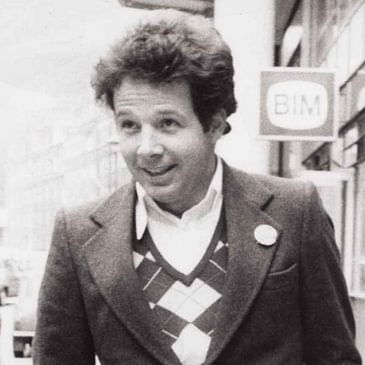In 1970, Mayo Thompson released his only solo record to date. It's a strange thing to write 50 years later, especially given the Texas-born musician's wildly prolific career as the sole consistent member of the eclectic and enigmatic Red Krayola. Ignored in many circles upon its release, Corky has grown in stature over the decades, which -- much like the Red Krayola -- has achieved the status of cult icon. Thompson has begun playing the album live in recent years, as he chart the course for a potential sequel, half a century later. Transcript available here.
Hosted on Acast. See acast.com/privacy for more information.

